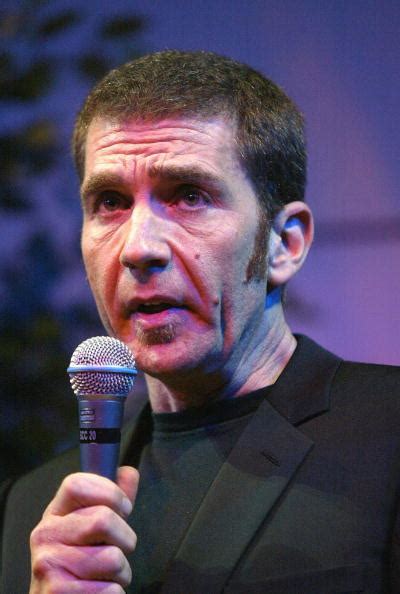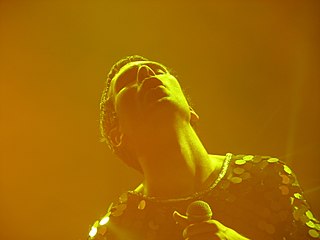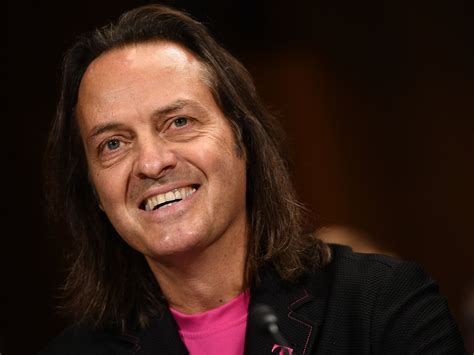A Quote by Jerry Stahl
I didn't really start publishing books until I was 40 because I was busy being a McDonald's employee. So there's always a sense of trying to make up for lost time.
Related Quotes
I think it's the strange irony that we make all these life choices before we're 40, because really we shouldn't make any until we're 40. It almost feels like you get a software upgrade and you start to experience life in such a different way, because you just don't suffer fools, you go straight for what means something and what feels good, and you stop caring about pleasing other people.
You can tell a book is real when your heart beats faster. Real books make you sweat. Cry, if no one is looking. Real books help you make sense of your crazy life. Real books tell it true, don't hold back and make you stronger. But most of all, real books give you hope. Because it's not always going to be like this and books-the good ones, the ones-show you how to make it better. Now.
I might spend 100 pages trying to get to know the world I'm writing about: its contours, who are my main characters, what are their relationships to each other, and just trying to get a sense of what and who this book is about. Usually around that point of 100 pages, I start to feel like I'm lost, I have too much material, it's time to start making some choices. It's typically at that point that I sit down and try to make a formal outline and winnow out what's not working and what I'm most interested in, where the story seems to be going.
My whole lifestyle is different. I have a really busy schedule, and I pretty much have an airplane ride every day. But I like it. It's cool. I like being busy. I think that it's good that I'm young and I'm going through this, and I'm not, like, 40. I think it's just easier now at a younger age to be going through what I'm going through because it's definitely really tiring and hard on the body.
You know how some people are upwardly mobile? I'm sort of downwardly mobile in the publishing world, because of my sales figures and also because of the kind of books I write. Everything really counts on sales. I started out with a bigger press, my first few books. But I've always done some things with independent and small presses and small magazines and I always will.
Now we cannot...discover our failure to keep God's law except by trying our very hardest (and then failing). Unless we really try, whatever we say there will always be at the back of our minds the idea that if we try harder next time we shall succeed in being completely good. Thus, in one sense, the road back to God is a road of moral effort, of trying harder and harder. But in another sense it is not trying that is ever going tobring us home. All this trying leads up to the vital moment at which you turn to God and say, "You must do this. I can't.
You have to sit with the songs until they start to live. Or do things straight-up spontaneously. I set up a beat just like I do in the live show, add the lyrics that I wrote in thirty minutes - I already had a topic in mind because I had this crazy experience with this girl who was trying to get close to me and it freaked me out because she was really close to another friend of mine, and I thought, "This is a story, I'm gonna make this into a song."







































